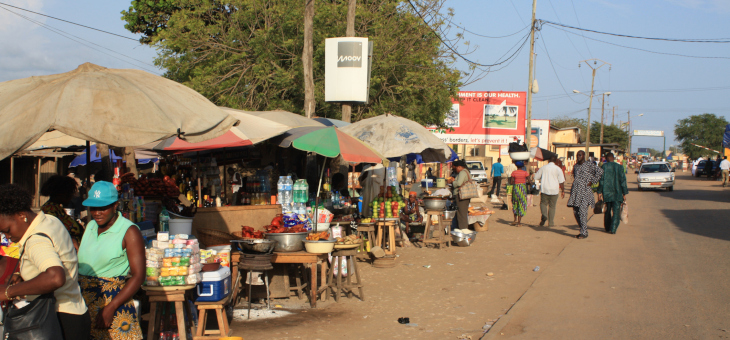Benin: Recent attacks show spread of jihadist activity across the region

Event
In early December, jihadists based in neighbouring Burkina Faso, staged two separate attacks against Beninese security forces in the northern border region. Insurgents are mostly affiliated to the Islamic State in the Greater Sahara (ISGS) and mainly operate in Pendjari National Park and W National Park. Even though these were the first jihadist attacks in Benin since 2019, fears of violence spilling over from Mali, Burkina Faso and Niger, into coastal West African nations, have been spreading. Benin is one of the West African countries participating in the Accra Initiative – a 2017 security agreement signed also by Burkina Faso, Côte d’Ivoire, Ghana and Togo – which is aiming for a regional response to the spreading insecurity. In November, almost 6,000 troops took part in a first multilateral military operation sweeping joint frontiers.
Impact
The epicentre of violent jihadist activity gradually moved from northern Mali (where it started in 2012) towards central Mali, the tri-border area Liptako Gourma (between Mali, Burkina Faso and Niger), and more recently, to larger parts of Burkina Faso and Niger, where under-equipped troops are overrun by insurgents. Violence used by Islamist groups has increased significantly in 2021. Despite substantial international military operations put in place since 2012, the jihadist groups’ influence and the humanitarian crisis have continued to worsen, demonstrating the limitations of the military solution to the Sahel crisis. Moreover, political instability and military coups in Mali and Chad have further complicated France’s cooperation with Sahel governments. This led to France deciding to cut its military presence in the Sahel by early 2022, by winding down Operation Barkhane. The re-evaluation of France’s presence in the region and the possibly perceived power void raise fears of violence spreading across West Africa, also affecting coastal nations such as Benin, Ghana, Senegal and Côte d’Ivoire. At the same time, local grievances over poverty, corruption, poor governance and economic marginalisation continue to stir jihadist expansion in areas often affected by climate change and demographic pressure. Local ethnic conflicts and farmer-herder intercommunal violence over water and land are often invigorated by worsening droughts. This situation is exploited by jihadists, as it facilitates recruitment for them. Beninese intelligence have been reporting about jihadists looking to build a strong network of local alliances to establish a more permanent presence in the north of the country. In the near term, a purely military response is not expected to reverse the trend of worsening insecurity in the Sahel and its West African neighbours, as most countries are vulnerable to jihadist recruitment. Consequently, terrorism and local security threats are expected to be an important factor in the assessment of political risks in West African states such as Benin, Ghana, Togo and Côte d’Ivoire. As a result, the outlook for Benin’s political violence risk classification (3/7) is tilted to the downside.
Analyst: Louise Van Cauwenbergh – l.vancauwenbergh@credendo.com